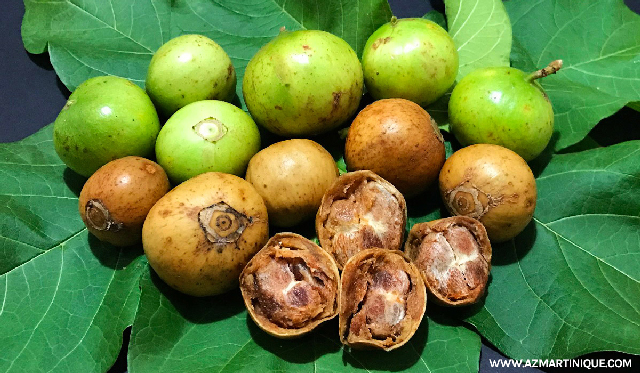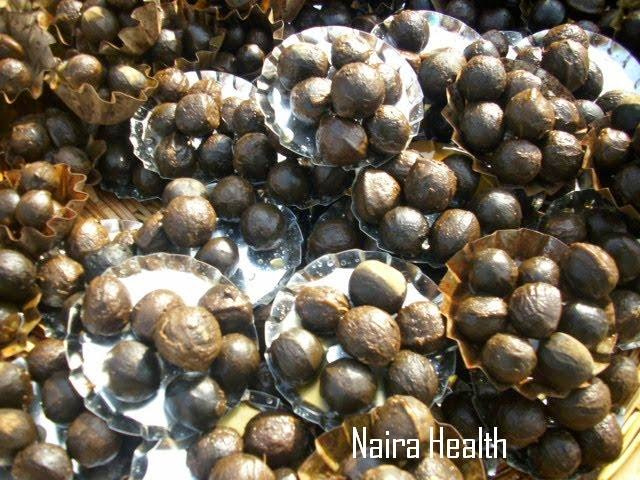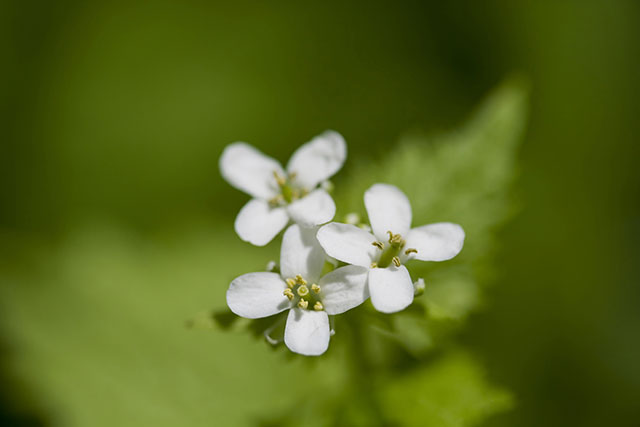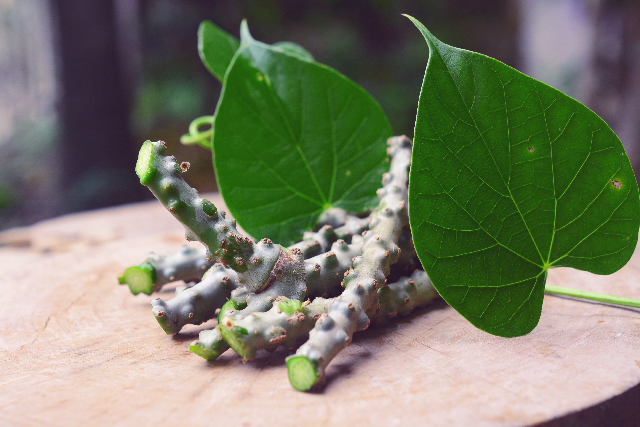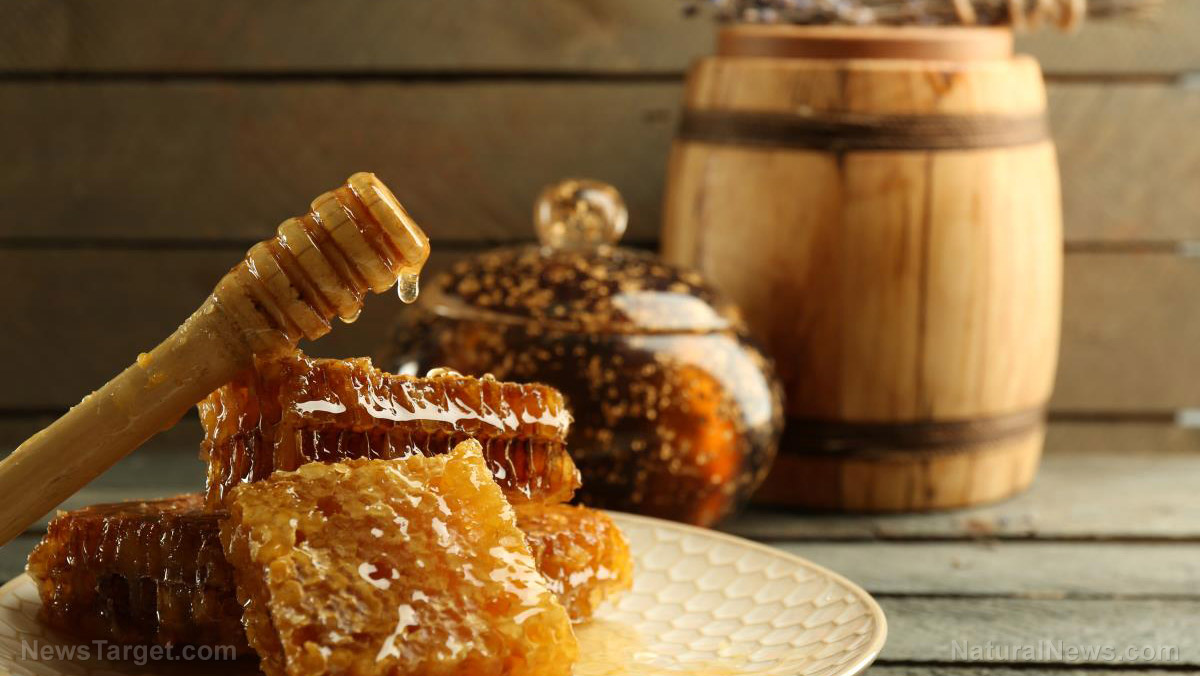The fusion of Chinese herbal injections with Western medicine offers the best treatment option for heart failure
11/03/2018 / By Ralph Flores

Cardiovascular diseases (CVDs) remain to be the world’s leading cause of death – at least a third of all deaths in a year are from CVDs. In a study, researchers from Beijing University of Chinese Medicine suggest looking at herbal therapies used in Traditional Chinese Medicine (TCM), given its potential in treating severe conditions such as chronic heart failure. Their findings, published in the journal BMC Complementary and Alternative Medicine, was derived from a systematic review of related literature on the matter.
Heart failure is a severe condition marked by a reduced ability of the heart to either pump out or be filled with blood. It affects at least 26 million people around the world, and it accounts for at least 10 percent of all CVD-related health expenditures in the U.S. per year. Currently, there are at least six million people in the U.S. with the condition, but projections are expected to jump to over eight million people by 2030. According to the World Health Organization, the main risk factors for heart failure and other CVDs include tobacco use, unhealthy diets and obesity, physical inactivity, and excessive alcohol consumption. It can also be accompanied by other chronic diseases such as diabetes or hypertension.
In TCM, heart failure is classified as xin ji (heart palpitations), shui zhong (water swelling), tan yin (phlegm rheum), and xin bi (heart impediment). Practitioners of TCM attribute the condition to the weakening of the qi – in particular, when it becomes too vacuous and weak to regulate the transportation of blood and other fluids in the bloodstream. This results in the blood becoming static and accumulating, which causes its known symptoms.
In the review, the team used a network meta-analysis to investigate the effects of herbal injections, using Western treatments for chronic heart failure as a benchmark. Herbal injections that were studied include Shengmai, Shenmai, Shenqi Fuzheng, and Yiqifumai. Their scope included search engines such as Embase, the Cochrane Library, Pubmed, the Chinese Biological Medicine Database, China National Knowledge Infrastructure, Wanfang Database, and the Chinese Scientific Journal Database. Researchers looked at studies published online from the date of inception of each site up to July 12, 2017, with each study fulfilling criteria set forth by researchers before it was enrolled in the review.
In total, the team accepted 113 randomized controlled trials from each database in the review. Clinical data pertaining to effective clinical rate, left ventricular ejection fraction, cardiac output, and other outcomes were measured using different types of software. To measure the study’s risk of bias, researchers used tools from Cochrane Collaboration. According to the results from each clinical data, both Shengmai and Shenmai injections are equal to Western treatments in most outcomes, which indicated its potential to be used in treatment.
“To sum up, this study found that a combination between [Shengmai and Shenmai injections] and [Western medicine] exerted a positive effect on improving [the] efficacy of [chronic heart failure],” the researchers concluded in their report. “However, the strength of evidence [needs to] be promoted by more high quality [randomized control trials].” (Related: Heart failure breakthrough: placebo controlled study shows major improvement with acupuncture.)
Learn more about other ways that Chinese medicine improves heart health by following ChineseMedicine.news.
Sources include:
Tagged Under: alternative medicine, cardiovascular health, Chinese herbal injections, chronic heart failure, herbal medicine, natural cures, natural medicine


